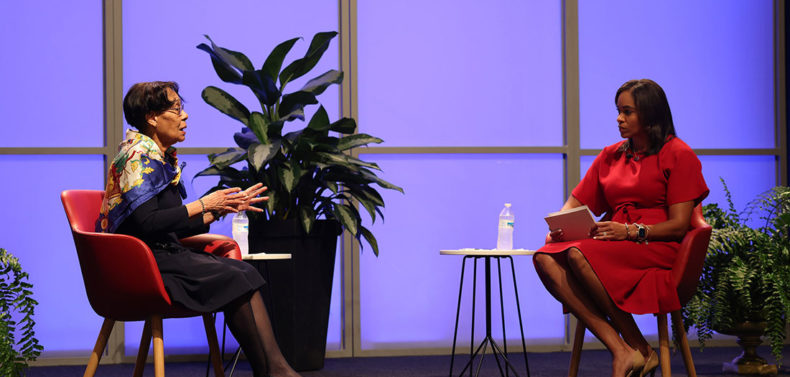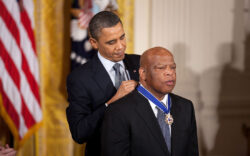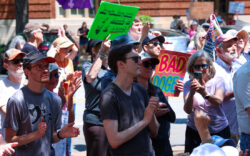February is Black History Month, an annual observance of the contributions made by this nation’s African American citizens. Also known today as African American History Month, the yearly retrospective had its beginnings in 1926, when Carter Woodson (1875-1950) began what he called Negro History Week. Woodson, a former sharecropper and a son of former slaves, went on to become a leading historian and educator, but he never forgot his humble roots and hardscrabble past in the segregated South of the Jim Crow era.
Woodson soon saw that racial injustice was a problem not just in the South, but all over this nation when the 20th century was young. America’s oldest terrorist group, the Ku Klux Klan, had millions of members by the 1920s, and Woodson lamented the fact that so much of his own people’s history was hidden or ignored. He began the annual remembrance of his people’s history in the month of February 1926, since both President Abraham Lincoln and African American activist and abolitionist Frederick Douglass were born during the month of February. Now the month is an even more appropriate time to observe African American history, since February is the month when the late congressman John Lewis was born in 1940, and it also is the month during which the sit-in protests to desegregate Southern lunch counters and restaurants began in 1960. A youthful John Lewis participated in the early sit-in protests as a college student in Nashville.
In 1976, what had been a week-long look at African American history was expanded into the Black History Month that we observe today. At the time, President Gerald Ford issued a proclamation urging Americans of all races to “honor the too-often neglected accomplishments of Black Americans in every area of endeavor throughout our history.” It was overdue but fitting that an expanded observance of the history and achievements of African American citizens came in 1976, when America celebrated its bicentennial. America began as a nation that slaughtered its native people and imported slaves, and those original sins of American genocide and racism continue to vex this nation today nearly 250 years after its founding.
Twisted roots of racism and repression run deep right here in Athens. This town often is seen as some sort of liberal bastion and a “music scene” mecca for young and not-so-young political progressives. Still, in 1961, Athens townspeople, university students and KKK agitators rioted against the desegregation of the University of Georgia, and in 1964, Klansmen based in Athens killed a decorated African American military officer named Lemuel Penn when they spotted him driving through the city near the Arch that marks the main entrance to the campus. African American history hits home right here in Athens, and one woman who lived through much of it is Mary Frances Early. Her new book, The Quiet Trailblazer: My Journey as the First Black Graduate of the University of Georgia, is compelling reading for people of all races during Black History Month or any time.
Now in her eighties, Early graduated from the University of Georgia in 1962. In her book she tells of attending Martin Luther King Jr.’s church services in Atlanta, then being taunted or ostracized by white college classmates here in Athens, where she was one of only four African American students on the university campus. She recalls students aiming racial slurs at her and laughing when she tried to enter the school’s library. “I thought how ironic it was that here at an institution of higher learning—in fact, at the library—I was faced with ignorance and stupidity,” she wrote.
Early had the last laugh. King sent her a congratulatory letter when she graduated from the University of Georgia; her portrait now hangs outside the university president’s office; a campus lecture series in her honor has featured such speakers as John Lewis and United Nations Ambassador Andrew Young; and the university’s College of Education was named for her two years ago. She is indeed a “quiet trailblazer” who made a journey into history.
Like what you just read? Support Flagpole by making a donation today. Every dollar you give helps fund our ongoing mission to provide Athens with quality, independent journalism.









